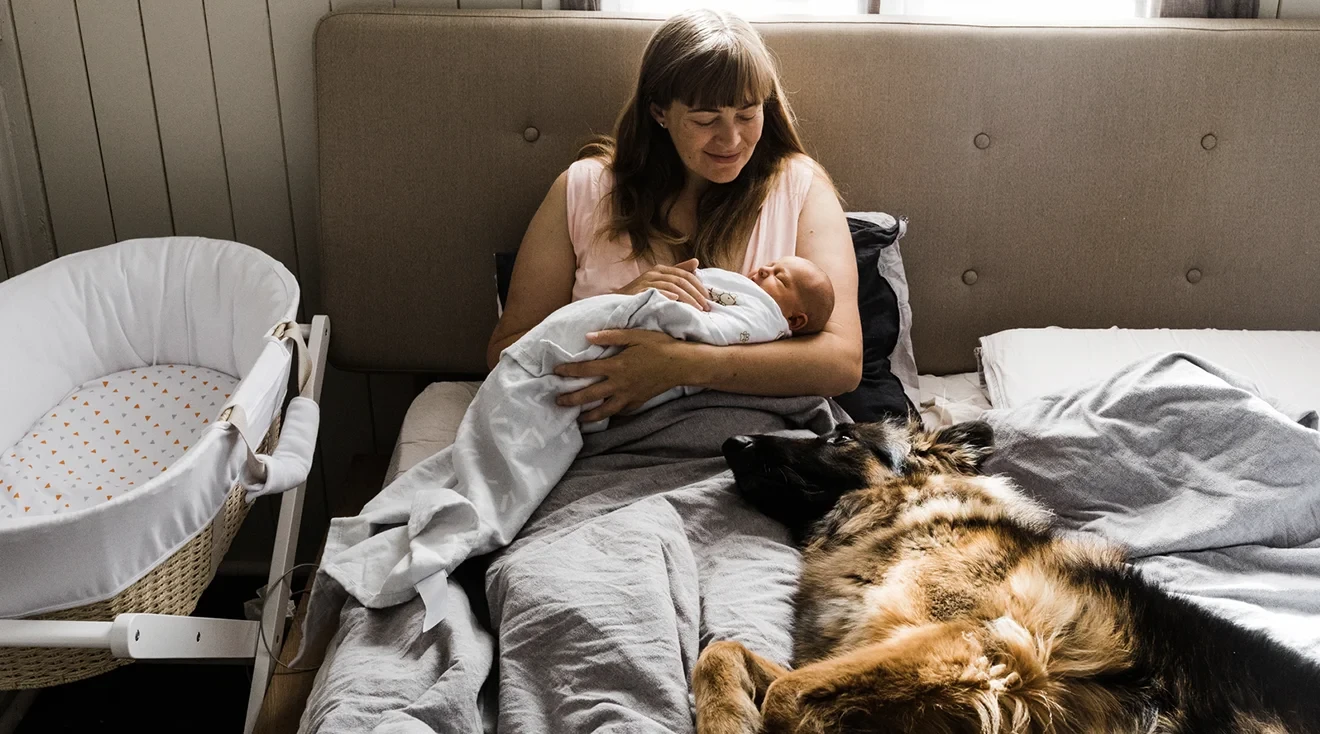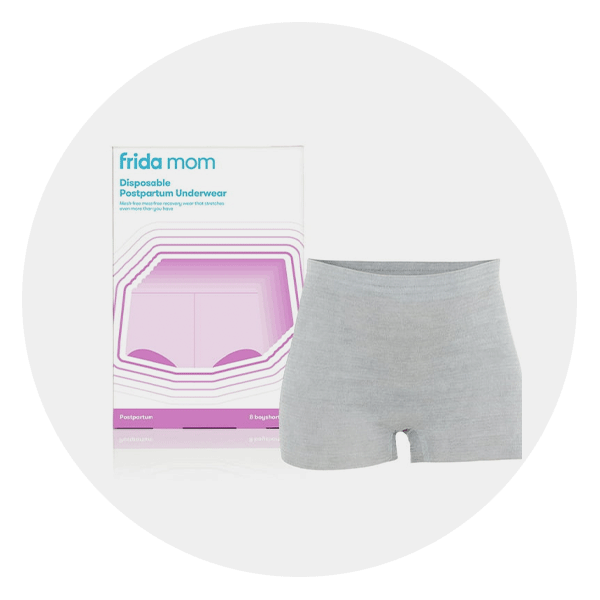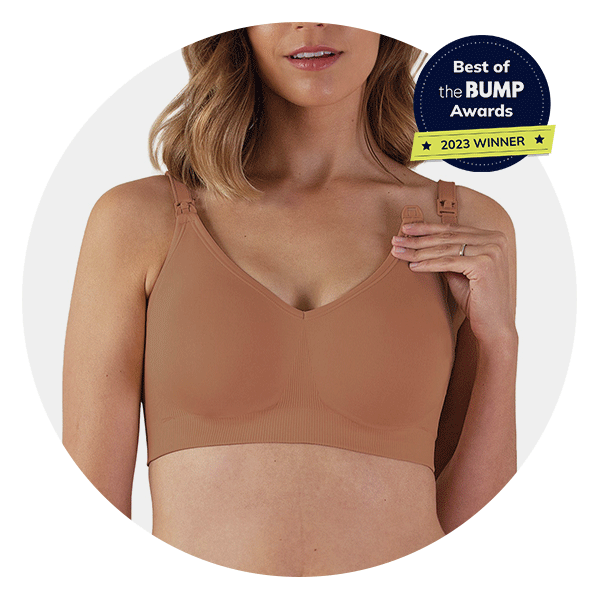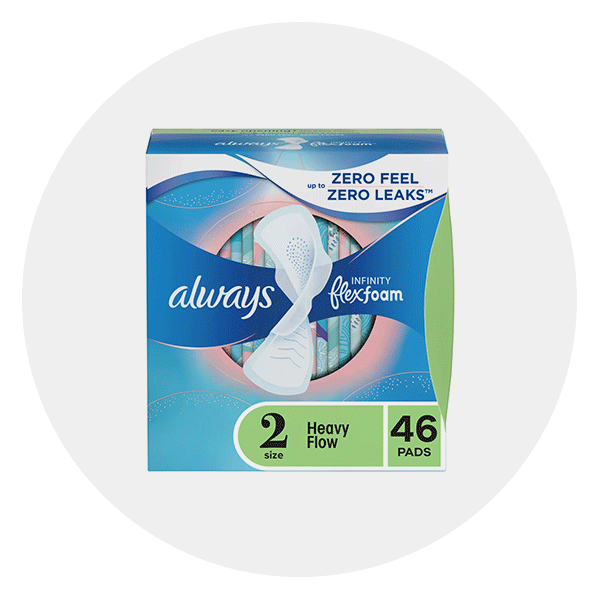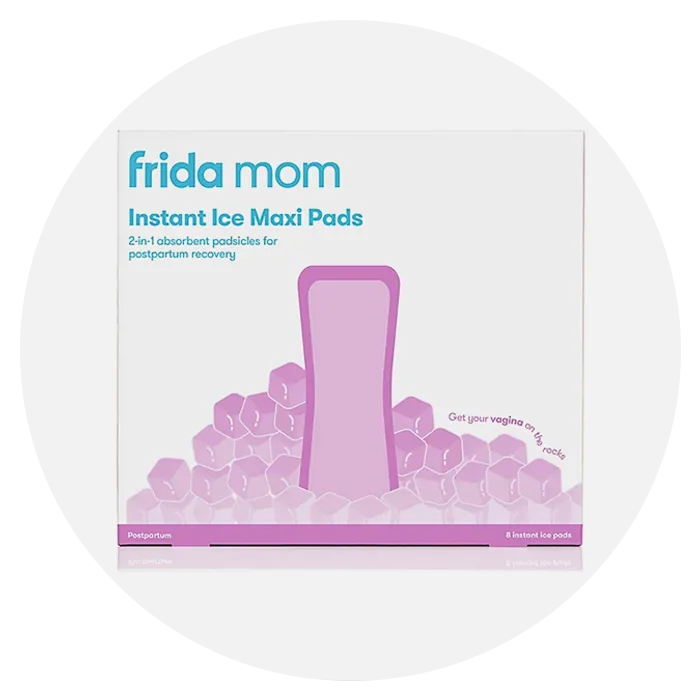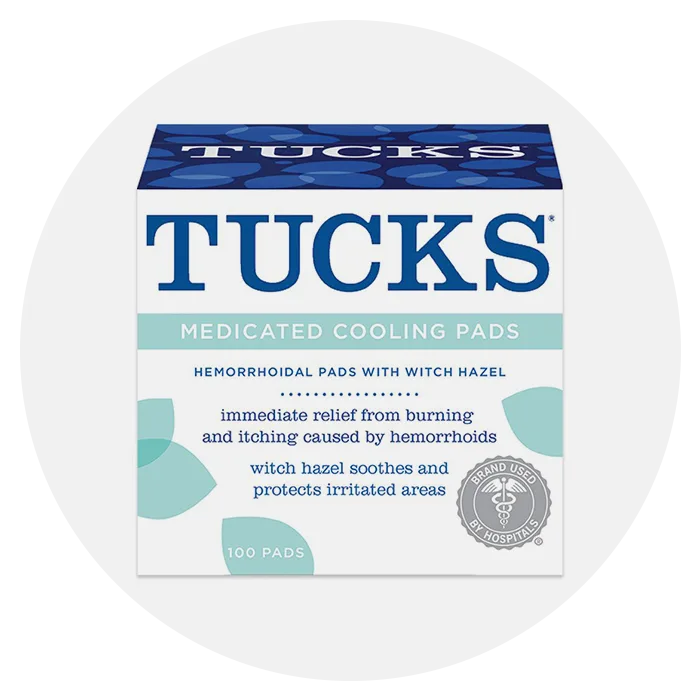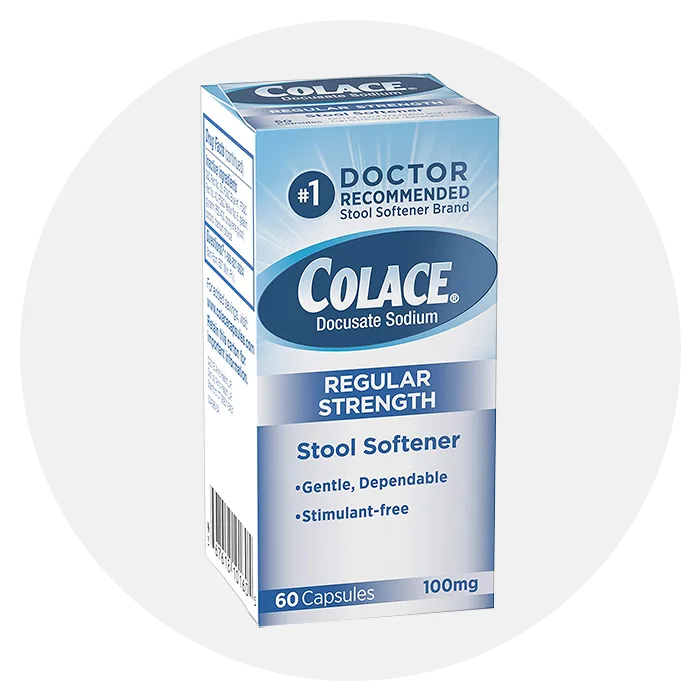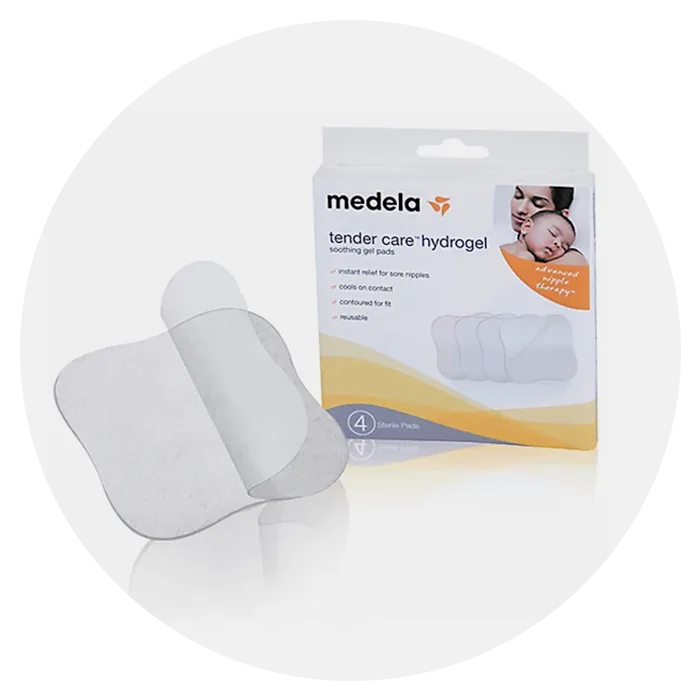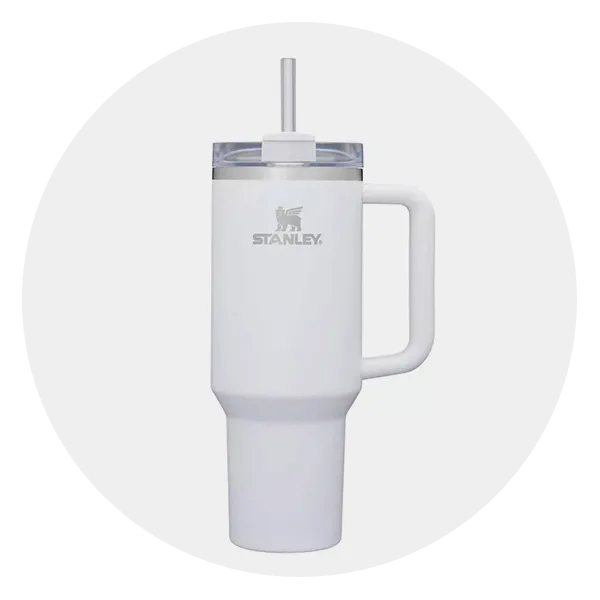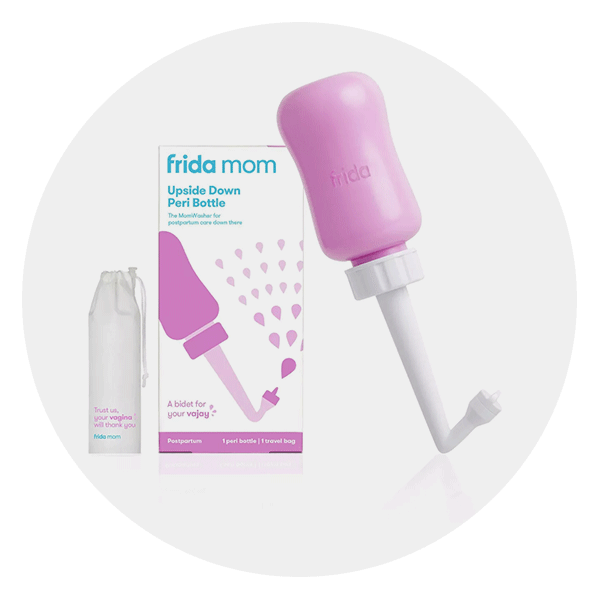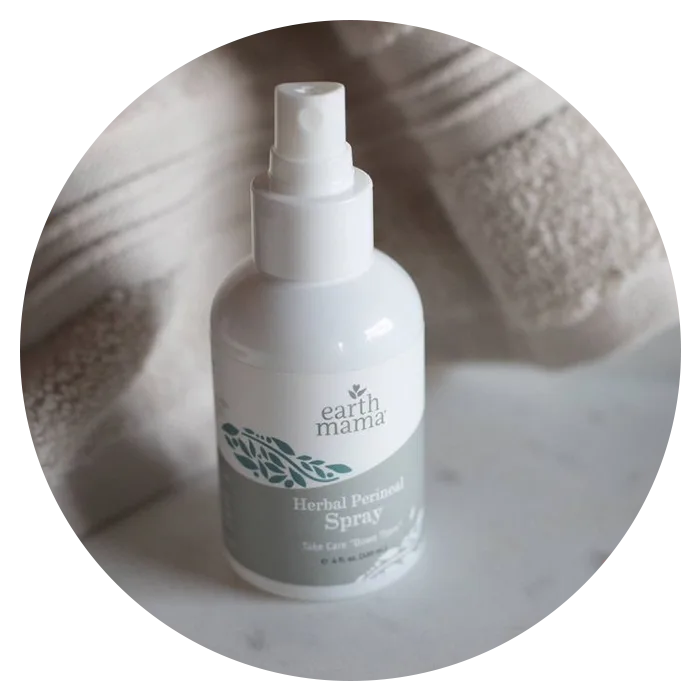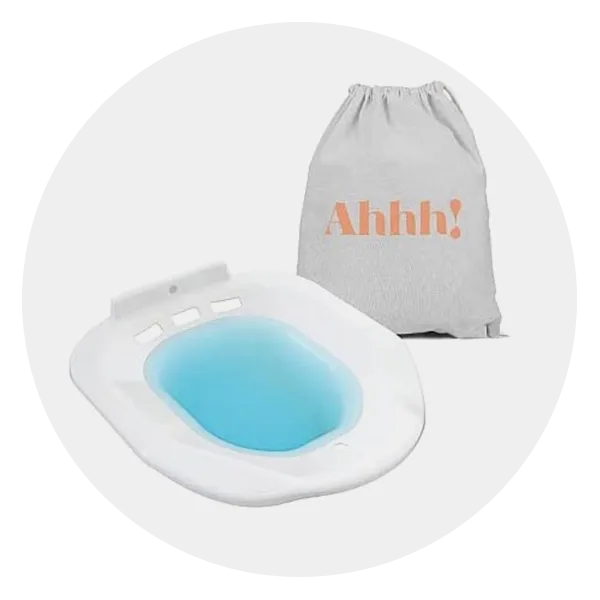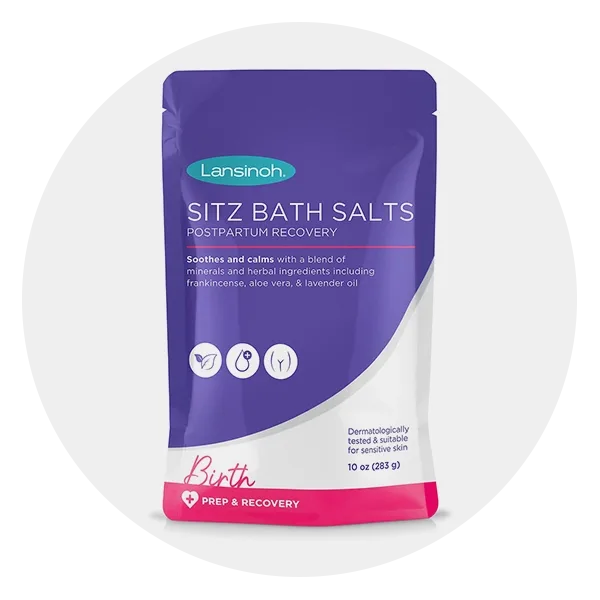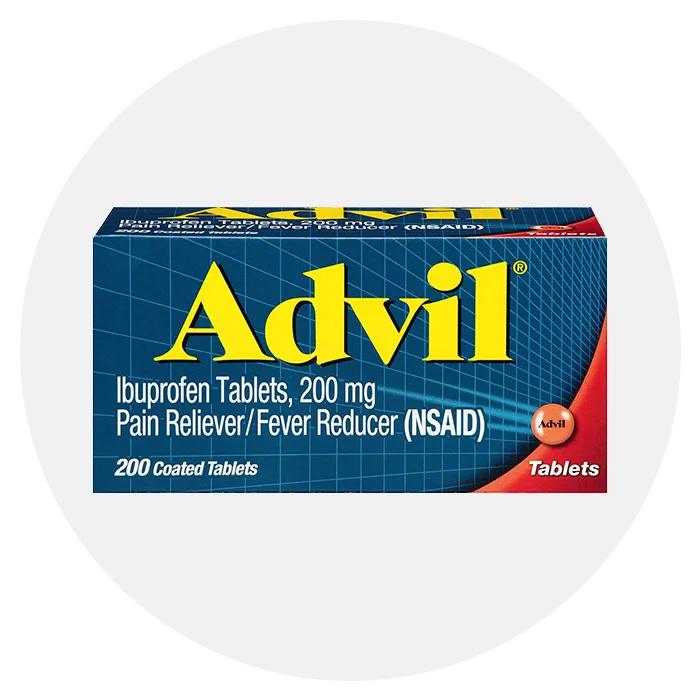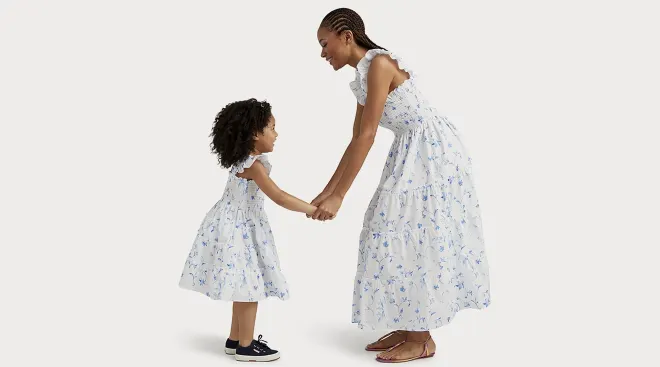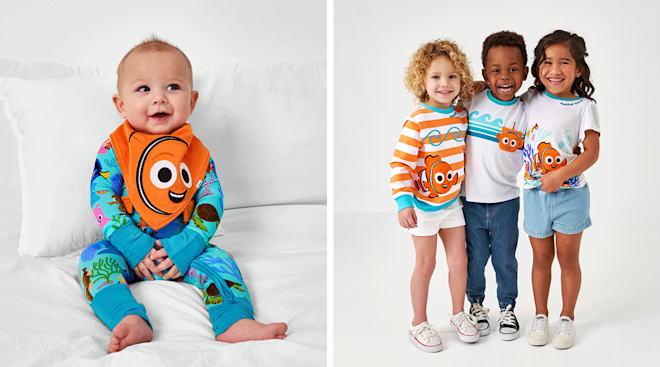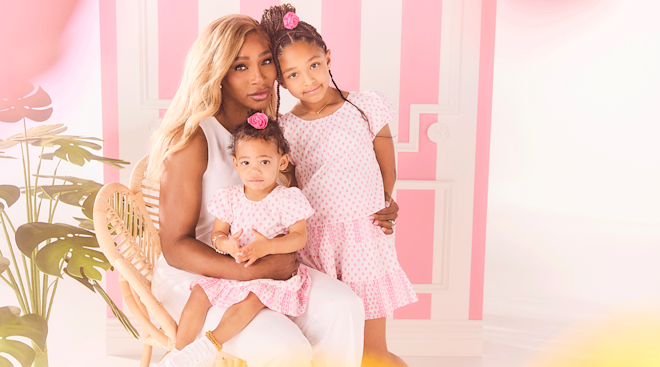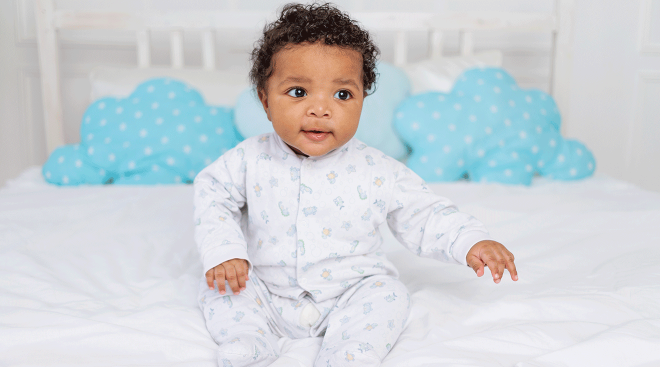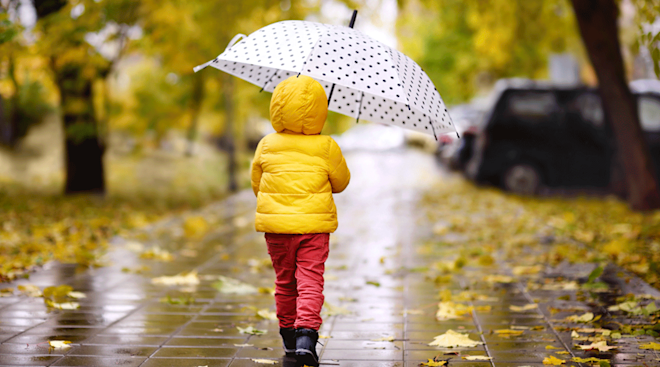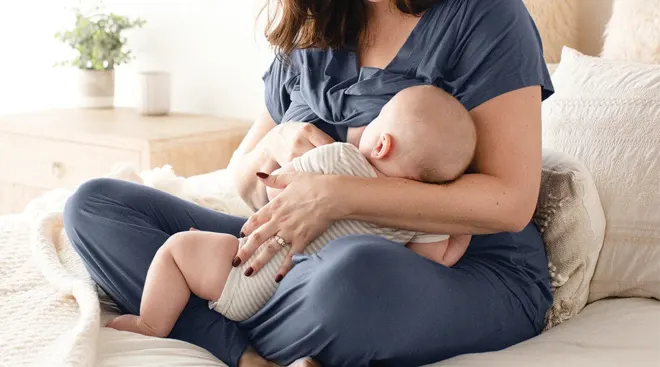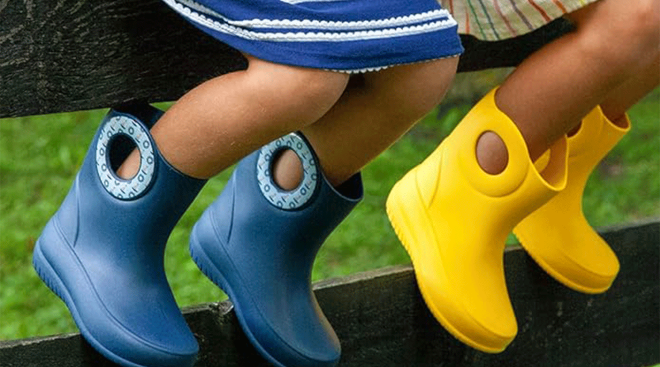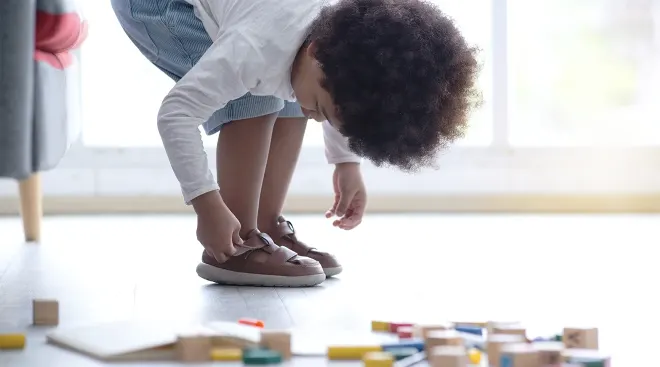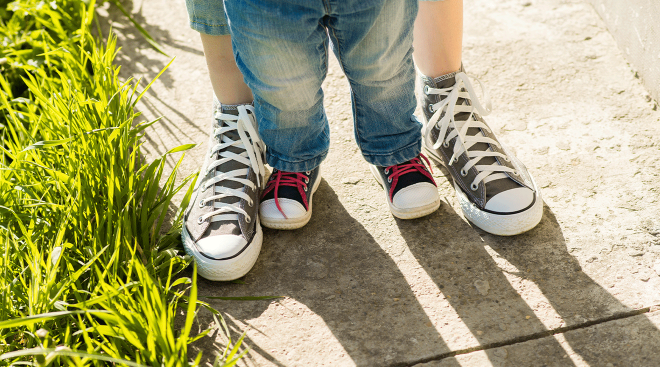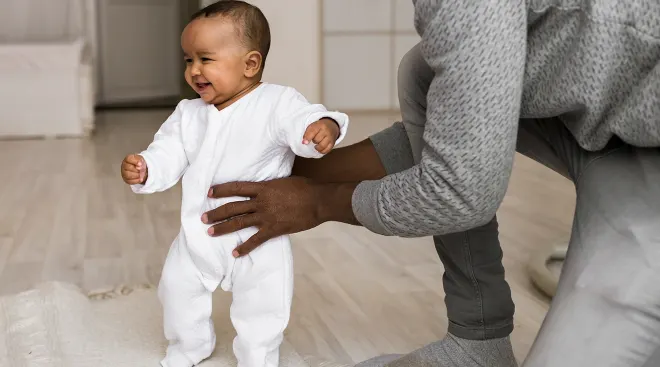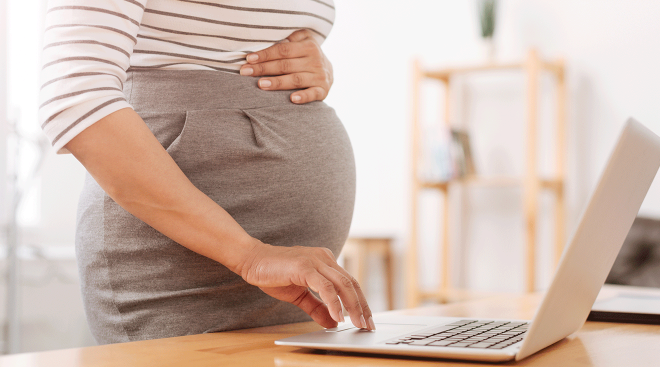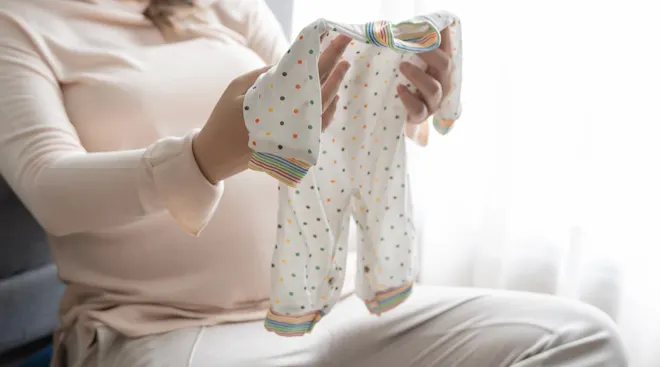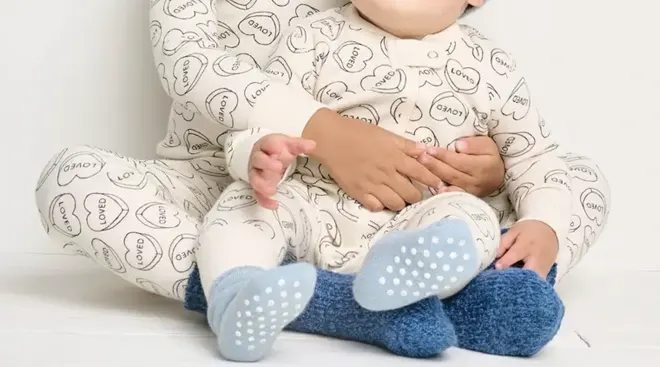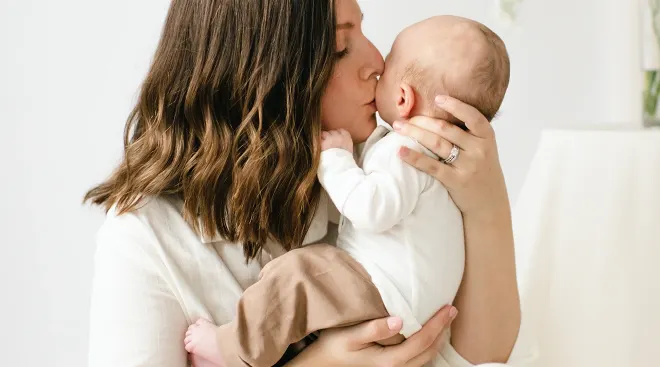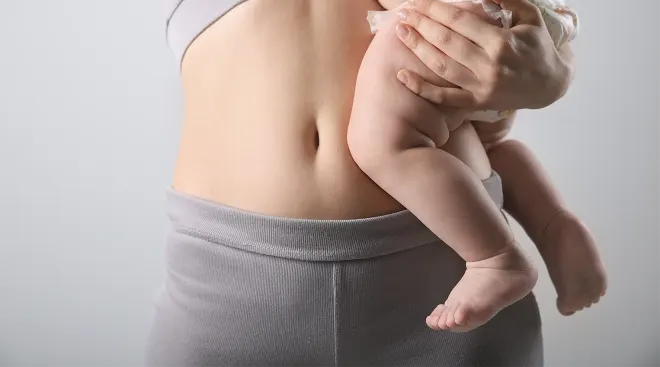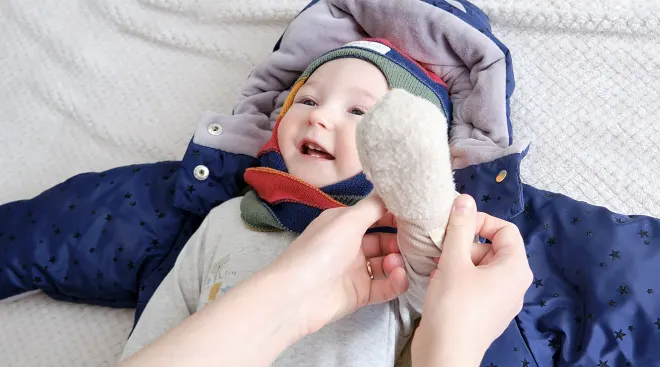14 Postpartum Essentials You’ll Need for Recovery
There’s a lot going on in the fourth trimester, to say the least. You of course have a new baby to care for, but you’re also going to need some care yourself. Regardless of how easy or difficult your birth was—or whether you had a vaginal or c-section delivery—you’re bound to feel uncomfortable and sore, and recovery can be a bit, well, messy. Plus, don’t forget about your mental wellbeing. “My top piece of advice is to plan for the practical and emotional aspects of your postpartum period in the same way that you are thinking about and planning for your labor and birth,” advises Meema Spadola, a postpartum doula and lactation counselor based in New York City. All of that’s to say, it’s smart to stock up on must-haves ahead of time to make your recovery journey as seamless as possible.
Not sure where to begin? We’ve done the hard work and compiled a postpartum checklist of all the essential items you’ll need after delivering baby.
We get it—becoming a new parent comes with a lot of new gear. To help you find the best postpartum essentials to alleviate discomfort and promote recovery, we’ve done the research and scrolled through dozens of products so you don’t have to. Here are the steps that we took to create this article:
- For some products, we considered feedback from our independent product testers.
- We interviewed two ob-gyns, a postpartum doula and a midwife to understand how to best prepare for the fourth trimester—plus, advice on how and when to use postpartum products.
- We leveraged our familiarity with leading maternity brands and trusted online retailers and researched dozens of options.
- We considered several factors when sourcing postpartum essentials, such as value, product type and how long you’ll be able to use it for, to name a few.
- We read user reviews to see how each of these must-haves have worked for new moms, and didn’t consider anything with less than an average four-star rating.
Editorial integrity is at the heart of everything we publish. Read about how The Bump develops and reviews all articles, including product reviews.
Postpartum care kit
Don’t have the time (or the inclination) to buy every item on your hospital checklist separately? Check out this next-level labor and after-birth box by Frida Mom. This 15-piece care kit will see you through your delivery and the days after you give birth. Starting with the snap-closure gown, which you can wear in the hospital, the care package also includes socks, four pairs of underwear, as well as four instant ice maxi pads and four witch hazel pad liners to help with any inflammation or pain that you may feel during recovery. You’ll also receive a peri bottle to keep the vaginal area and any incisions clean. To top it all off, you get a nice toiletry bag to bring with you in your hospital bag, which you can pack to the brim with these essential items.
Our community says:
Every product in the kit is practical and will get used! - Jenna P., New mom
Disposable postpartum underwear
Bleeding in the days and weeks after childbirth can be heavy at times. “It’s highly likely that you’ll bleed through your underwear at least once during the postpartum period,” says Michaela Ward, APRN-CNM, a midwife at the Ohio State University Wexner Medical Center. That’s why she recommends getting disposable underwear or at least a few pairs you’re okay throwing out if they get stained. You’ll receive some stretchy, disposable mesh underwear in the hospital, and many women take a free stash of those home. If you find those to be a little too flimsy, some brands are now making absorbent “period panties” and even underwear specifically designed for postpartum moms. We’re fans of this best-selling option from Frida Mom, which was recognized in our Best of The Bump roundup of the best postpartum underwear.
Nursing bra
Comfortable clothing—like a super-soft nursing bra—will serve you well in the initial postpartum period. Your breasts may be engorged, leaky or tender in the first few days, so a comfy bra is a must-have. Our top pick? The Body Silk Seamless Nursing Bra from Bravado Designs, which received a Best of The Bump award for the overall best nursing bra. Ultra-soft and wireless, you can ensure it will keep you feeling your best as you move throughout your day—and during those late-night feeding sessions. Other standout details include the clip-down design for easy nursing access, inclusive sizing options and the removable foam inserts for extra support.
Sturdy maxi pads
Regardless of whether you delivered vaginally or via c-section, it’s normal to have bleeding and discharge, called lochia, for a few weeks after you give birth, says G. Thomas Ruiz, MD, lead ob-gyn at MemorialCare Orange Coast Medical Center in Fountain Valley, California. That’s where maxi pads come in—and yes, you’ll need to stick to pads and avoid using tampons during the postpartum period. That’s because the lochia your body is discharging contains bacteria, Ruiz explains, and if you block it with a tampon or menstrual cup, it could push bacteria back up into your uterus and cause an infection. “You want everything to flow out,” he says. And, he adds, if you had a vaginal delivery, your vagina needs time to heal.
Ice packs
After birth, your vagina will likely swell (after all, the area experienced a huge increase in blood flow and fluid.) Applying ice to the region is an easy, effective way to find relief, especially in the first 24 hours after vaginal birth. There are plenty of ways to go about it—women have used everything from reusable ice packs to ice chips into an adult diaper—but Frida Mom has come up with a genius 2-in-1 absorbent maxi pad and ice pack that’s shaped to cover the entire perineal area. Thanks to their instant crack-and-cool design, you’ll be able to experience targeted icy relief for up to 20 minutes without having to wait for them to cool in the freezer.
Witch hazel pads
Witch hazel causes blood vessels to shrink, which can be helpful if you’re struggling with hemorrhoids postpartum, Ruiz says—and with all that pushing and straining you do during birth, hemorrhoids are fairly common. But the pads have other uses too. If you tore during birth (another very common occurrence) and had stitches in your perineal area, witch hazel pads can help soothe things down there. “Witch hazel pads are great for hemorrhoids as well as lining your pad or ice pack to soothe your perineum,” Ward says. “You can also put a little witch hazel in your peri bottle.”
Stool softener
Having made it through the pain of childbirth, get ready to face a whole new challenge—the first post-birth poop. (Yikes!) Yes, it may hurt a little, but you’ll get through it! If needed, talk to your doctor and ask if it’s safe to take a stool softener, like this option from Colace. Greeves especially recommends taking stool softeners if you have a history of constipation or if your diet has changed. Also, “if you have a third- or fourth-degree vaginal laceration that can occur during childbirth, we recommend stool softeners for at least three months,” she adds.
To ease the process, you can also do some gentle stretches, drink plenty of water and load up on fiber-rich meals (Spadola suggests easy-to-digest foods like broths, soups, smoothies, fruits, veggies and whole grains). Moreover, “if you've had a vaginal birth, you can also wrap toilet paper around your hand or use a witch hazel pad to gently support your perineum as you are having the bowel movement. Afterward, cleansing with a peri bottle and a soak in a sitz bath can be soothing,” advises Spadola.
Breast pads
After birth, your body undergoes a hormonal process, where your milk comes in. Whether you choose to breastfeed or not, this can be an uncomfortable physical experience. As your breasts fill with milk, they may feel warm, tingly and hard to the touch. Cooling nursing pads protect your clothing from leakage, while also offering relief to sore nipples. We’re fans of this soothing gel design from Medela that will effortlessly contour to the shape of your breast and provide instant relief.
Large water bottle
Staying hydrated is key. Dehydration can lead to urinary tract infections and constipation, which will only aggravate a sore, swollen perineum and vagina. Having a large water bottle on hand makes all the difference, as you can sip away without having to constantly get up for refills. You’ve probably been seeing this product everywhere recently, but did you know that it’s a postpartum must-have? The Stanley Adventure Quencher Travel Tumbler holds 40 ounces of water and keeps it cold for up to 11 hours. Plus, the nifty straw and handle make it easy to hold with one hand while you nurse or care for your newborn—score!
Peri rinse bottle
A peri rinse bottle is a postpartum bathroom essential. “It’s incredible for comfort, especially if you had a vaginal delivery,” Ruiz says, since the bottle “keeps everything clean and decreases your risk of infection.” After the exertions of birth, your vagina will be swollen and tender, and wiping with standard toilet paper can be less than pleasant. To use it, Ward recommends filling the bottle with warm water, aiming it at your vagina and squirting it from front to back while you pee. “This helps dilute the urine so there’s less stinging and also helps keep the area clean,” she says. You can also use it to rinse off the area afterward. Thanks to this clever upside-down peri bottle design, you can squirt down onto your vagina instead of lowering your hand to squirt up.
Perineal spray
If you have stitches in your perineum after delivery, the area can get uncomfortable and even itchy. Perineal sprays act as a local anesthetic to relieve pain and discomfort. “It just numbs your bottom,” Ruiz explains. A cooling, comforting pain and itch spray like Dermoplast is a traditional go-to, but if you prefer something more natural, Earth Mama Organics has an herbal perineal spray that’s benzocaine- and butane-free and formulated specifically for postpartum care.
Sitz bath
Soaking in a sitz bath—a basin that sits over the toilet—helps ease vaginal soreness and swelling of the perineum. It’s also a helpful tool if you have hemorrhoids or are recovering from an episiotomy. The Mayo Clinic recommends sitting in warm water for 5 to 15 minutes (you can also use cool water if you find it more comfortable). Sitz baths, just like this one, are readily available in pharmacies or online.
Epsom salts
Epsom salts are thought to help soothe aches and pains, Ward says, making them a popular item in women’s postpartum recovery kits. You can use a cup or so of Epsom salts in a sitz bath to help relieve pain around your perineum and rectum. If you don’t have a sitz bath handy—Ruiz recommends putting two tablespoons in four inches of bath water and sitting in it for 15 minutes. Lansinoh bath salts, made with a blend of minerals and herbal ingredients, are specifically formulated for postpartum recovery.
Pain reliever
If you’ve had a c-section, your doctor may recommend a prescription-strength painkiller to help ease your pain during the first few days after you give birth. But if you had an uncomplicated vaginal delivery and want something to help with soreness, Ward recommends alternating acetaminophen (Tylenol) every six hours with ibuprofen (Advil). If you happen to be breastfeeding, acetaminophen and ibuprofen are generally considered safe, but talk to your doctor before taking any medication.
The fourth trimester comes with a lot of ups and downs. With that in mind, go easy on yourself as you prepare for baby’s arrival and your postpartum recovery. “Emotionally, don’t put pressure on yourself to dot your Is and cross your Ts all the time,” says Christine Greves, MD, a board-certified ob-gyn at the Orlando Health Winnie Palmer Hospital for Women and Babies. Spadola suggests thinking about those you can call on to help you out during this time. “I’m a huge fan of getting a postpartum doula, of course, but if that’s not possible for you, consider how you can rally your friends, family members, and folks in your community to help provide support,” she says. This could be in the form of providing meals, care for baby’s older siblings, dog walking, visits where they can keep an eye on your baby while you nap or take a shower or anything else that may come up for you.
In terms of postpartum must-haves, Greeves suggests having plenty of burp cloths (and washcloths) on hand. Not only are they great for keeping your little one clean, but they also can double as warm compresses to provide relief in those early stages of breastfeeding.
The bottom line? “Be kind to yourself,” reassures Greeves. She reminds expectant moms that their ob-gyn is there to offer support if they need anything. Also, if you have a history of depression or anxiety, she advises that you “mention it during your pregnancy, so [your medical team] can try to help you navigate through that.”
About the writer:
Emma O’Regan-Reidy is an editor at The Bump. She specializes in writing e-commerce content about the latest and greatest in pregnancy, postpartum and parenting. O’Regan-Reidy has researched an array of topics, from prenatal vitamins and postpartum pads to the best non-wifi baby monitors, toddler learning towers and everything in between. With over a four-year career in digital media, O’Regan-Reidy has written dozens of articles about postpartum products, and aims to create engaging, helpful content that informs new and seasoned parents.
Please note: The Bump and the materials and information it contains are not intended to, and do not constitute, medical or other health advice or diagnosis and should not be used as such. You should always consult with a qualified physician or health professional about your specific circumstances.
Plus, more from The Bump:
Meema Spadola, CLC, is a postpartum doula and certified lactation counselor based out of Brooklyn, New York, where she has been serving growing families since 2006. She has experience working with a diverse range of families, including single, adoptive, and LGBTQ+ parents, and is a board member of Niecy’s Purple Heart Foundation.
Christine Greves, MD, is a board-certified ob-gyn at the Orlando Health Winnie Palmer Hospital for Women and Babies in Orlando, Florida. She earned her medical degree from the University of South Florida.
G. Thomas Ruiz, MD, is the lead ob-gyn at MemorialCare Orange Coast Medical Center in Fountain Valley, California. He earned his medical degree from UC Irvine School of Medicine and has been practicing medicine in Orange County since 1993.
Michaela Ward, APRN-CNM, is a midwife at the Ohio State University Wexner Medical Center. She earned her nursing degree from Columbia University School of Nursing in 2011.
Learn how we keep our content accurate and up-to-date by reading our medical review and editorial process.
Navigate forward to interact with the calendar and select a date. Press the question mark key to get the keyboard shortcuts for changing dates.

































